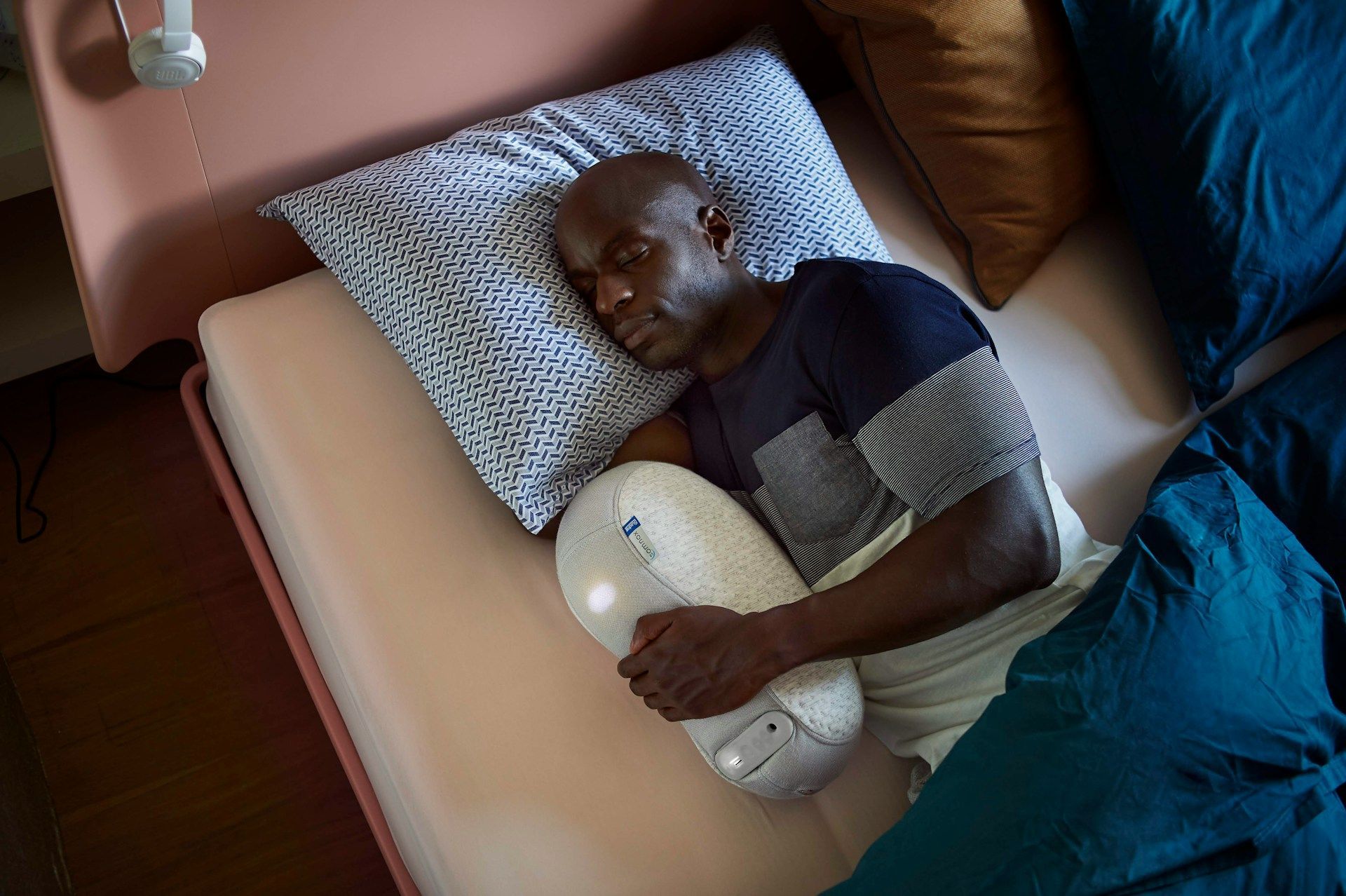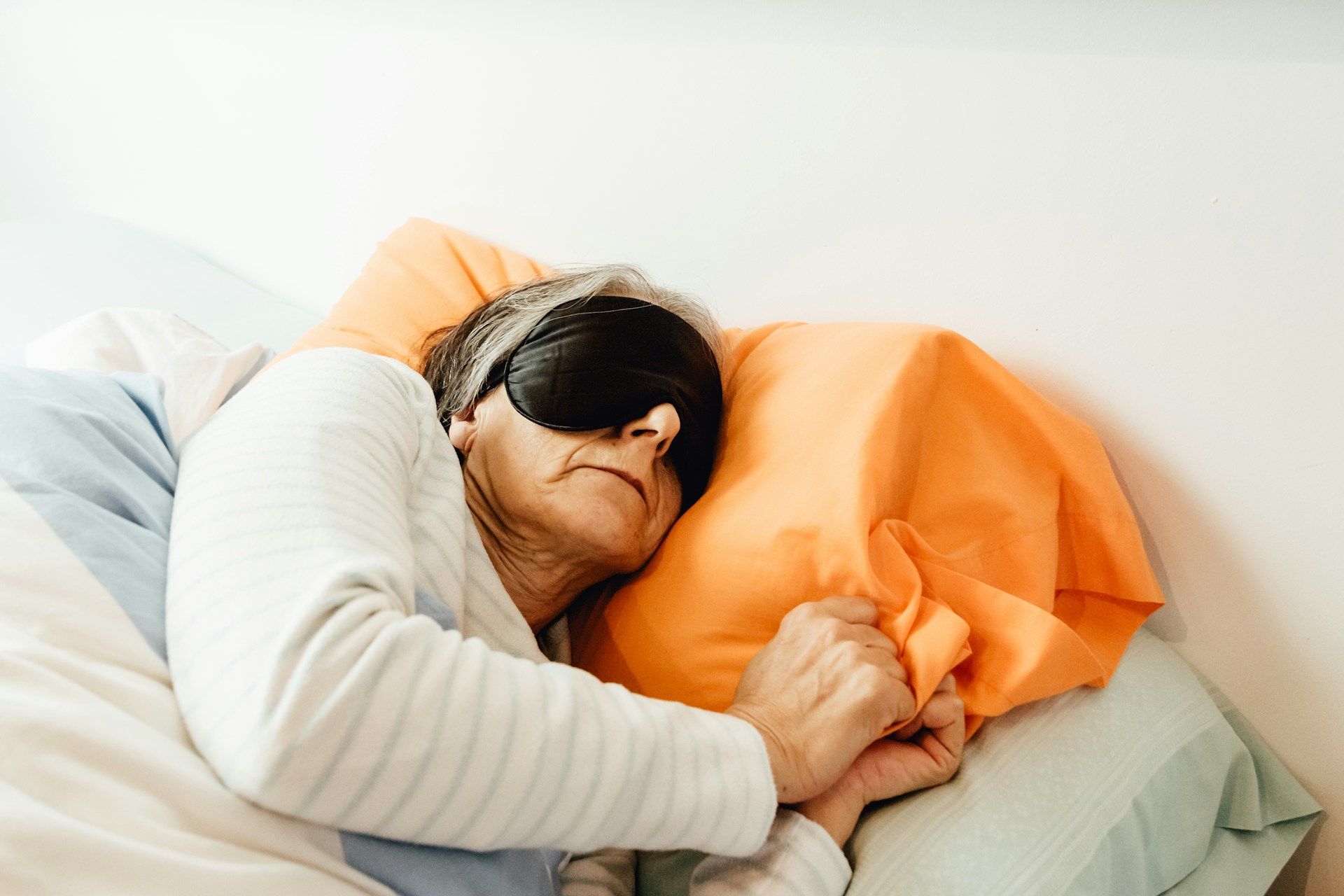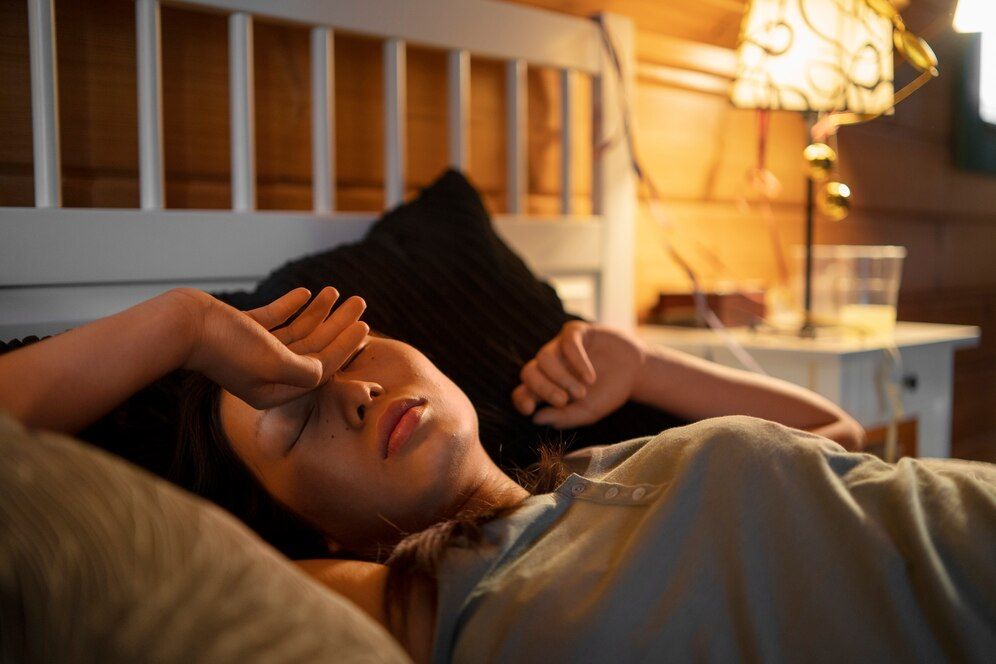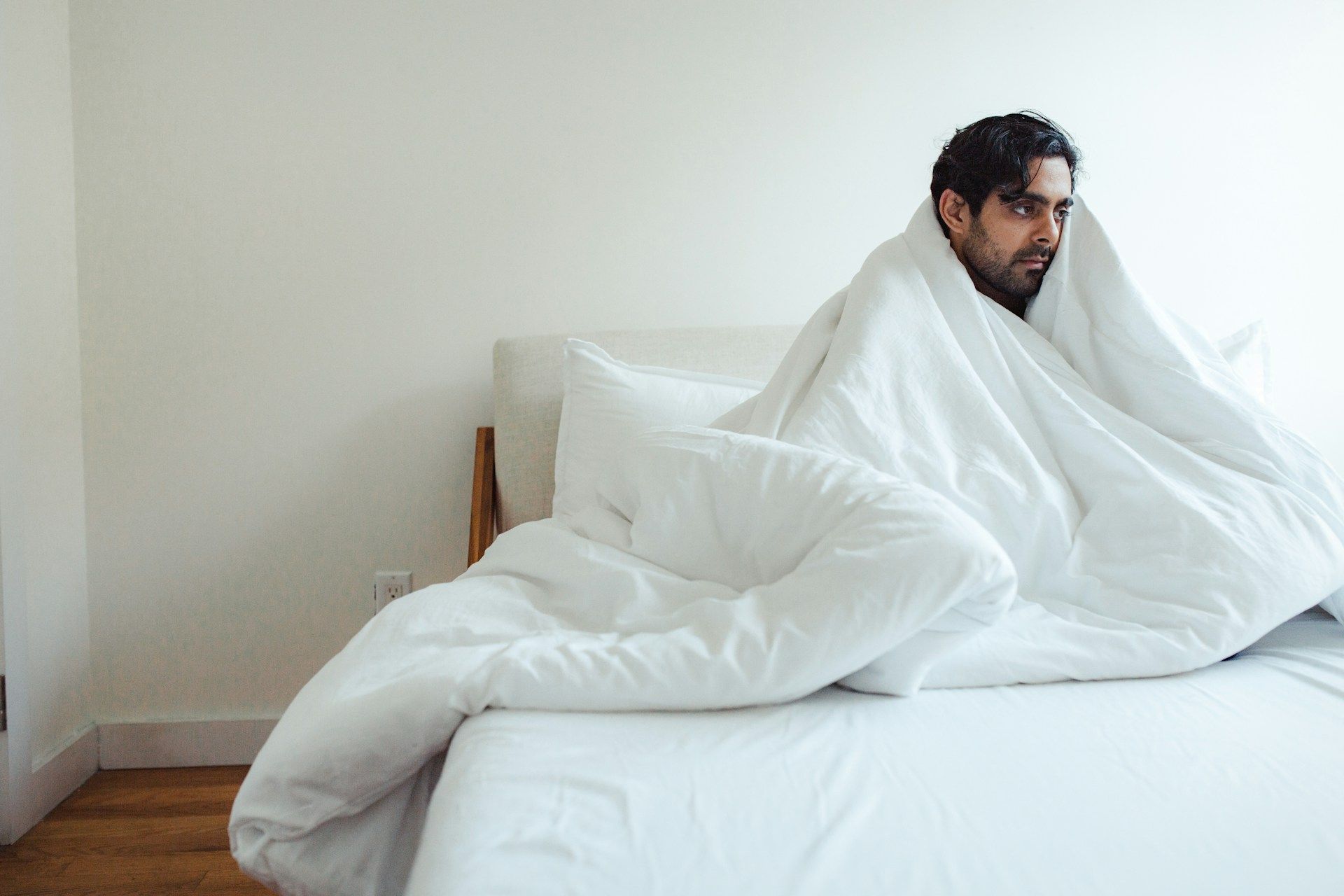Understanding the Importance of Sleep Studies in Diagnosing Sleep Apnea

At Sleep Advantage, an esteemed sleep apnea treatment center in Arlington, WA, we are devoted to providing expert care for patients who are CPAP intolerant or who struggle with snoring. To ensure superior patient care, we focus on the importance of appropriate diagnosis and treatment to effectively manage sleep apnea. A cornerstone of this approach is sleep studies, which play a critical role in identifying sleep disorders and providing valuable information to guide individualized treatment plans.
In this enlightening blog post, we'll delve into the world of sleep studies, discussing their importance, various types, and how they can help diagnose sleep apnea. Sleep Advantage believes in empowering our patients with the knowledge they need to make informed decisions about their sleep health journey. By understanding the purpose of sleep studies and their value, you can make well-informed choices to enhance your sleep quality and overall well-being.
The Role of Sleep Studies in Sleep Apnea Diagnosis
Sleep studies play a critical role in identifying sleep disorders such as sleep apnea. By collecting data on various physiological parameters during sleep, these studies provide sleep specialists with essential information required for an accurate diagnosis. Here are some aspects that sleep studies evaluate, which are instrumental in diagnosing sleep apnea:
1. Apneas and Hypopneas:
Sleep studies detect the instances of complete (apnea) and partial (hypopnea) cessation of breathing during sleep.
2. Oxygen Saturation: Assessing blood oxygen levels during sleep can help determine the severity of sleep apnea.
3. Sleep Stages: Sleep studies can evaluate sleep quality by examining the time spent in each stage of sleep, the total amount of sleep, and sleep efficiency.
4. Snoring and Airflow: Monitoring snoring patterns and airflow can aid in identifying upper airway obstructions and their severity.
Types of Sleep Studies: In-Lab, Home-Based, Split-Night
There are various types of sleep studies available, each with its unique advantages and suitability for individual circumstances:
1. In-Lab Polysomnography (PSG): A comprehensive, overnight sleep study conducted in a controlled sleep laboratory, providing extensive data on various aspects of sleep.
2. Home-Based Sleep Study: A less-invasive alternative to in-lab PSG, wherein diagnostic equipment is worn by the patient at home to collect sleep data for evaluation by sleep specialists.
3. Split-Night Sleep Study: A hybrid sleep study consisting of two parts; initial diagnostic in-lab PSG to confirm sleep apnea, followed by immediate initiation of CPAP therapy to assess its effectiveness and determine optimal treatment settings.
The Process: Consultation, Sleep Study, and Diagnosis
Undergoing a sleep study and receiving an accurate diagnosis involves several steps:
1. Initial Consultation:
Your sleep specialist will evaluate your medical and sleep history, discuss signs and symptoms, and determine the need for a sleep study.
2. Sleep Study: After choosing the appropriate type of sleep study, the patient undergoes the procedure, with data being collected on various sleep parameters.
3. Diagnosis: Sleep specialists analyze the collected data, make a diagnosis, and discuss the results with the patient to create a personalized treatment plan based on the findings.
Treatment Options Following a Sleep Study
Once a sleep study has been conducted and a sleep apnea diagnosis established, sleep specialists can provide the most suitable and effective treatment options tailored to individual needs:
1. Continuous Positive Airway Pressure (CPAP) Therapy: The most common treatment for sleep apnea, including a device that delivers pressurized air through a mask to promote open airways during sleep.
2. BiPAP (Bilevel Positive Airway Pressure) Therapy: Similar to CPAP, but utilizes different pressure settings for inhalation and exhalation, providing greater comfort for some patients.
3. Oral Appliance Therapy: Custom-made dental devices worn during sleep to maintain open airways by repositioning the lower jaw and tongue.
4. Positional Therapy: Adjusting sleep positions to prevent airway obstructions, enhancing sleep quality, and reducing sleep apnea symptoms.
5. Lifestyle Changes: Addressing weight management, nutrition, exercise, and sleep habits to improve overall sleep health and reduce the severity of sleep apnea.
How Sleep Advantage Can Help You Navigate Your Sleep Health Journey
At Sleep Advantage, our team of dedicated sleep specialists can guide you through the process of undergoing a sleep study, receiving a diagnosis, and implementing an effective treatment plan to improve sleep quality and overall well-being:
1. Expert Consultation and Assessment: We provide personalized assessments of your sleep and medical history to determine the necessity of a sleep study and the most suitable type.
2. Collaboration with Certified Sleep Centers: We partner with certified sleep centers to ensure that you receive the highest standard of care during your sleep study.
3. Customized Treatment Plans: Our sleep specialists provide tailored treatment solutions based on the results of your sleep study, ensuring the best possible outcome in managing your sleep apnea.
4. Ongoing Support: We offer continuous guidance and support throughout your sleep health journey, from diagnosis to treatment implementation and follow-ups.
Conclusion
Understanding the importance of sleep studies in diagnosing sleep apnea enables you to make informed decisions about your sleep health. By participating in the appropriate sleep study and obtaining an accurate diagnosis, you can access personalized treatment options and
alternatives to CPAP that can significantly improve your sleep quality and overall health. At Sleep Advantage, our dedicated team is committed to guiding you through every step of your journey toward better sleep and well-being.










